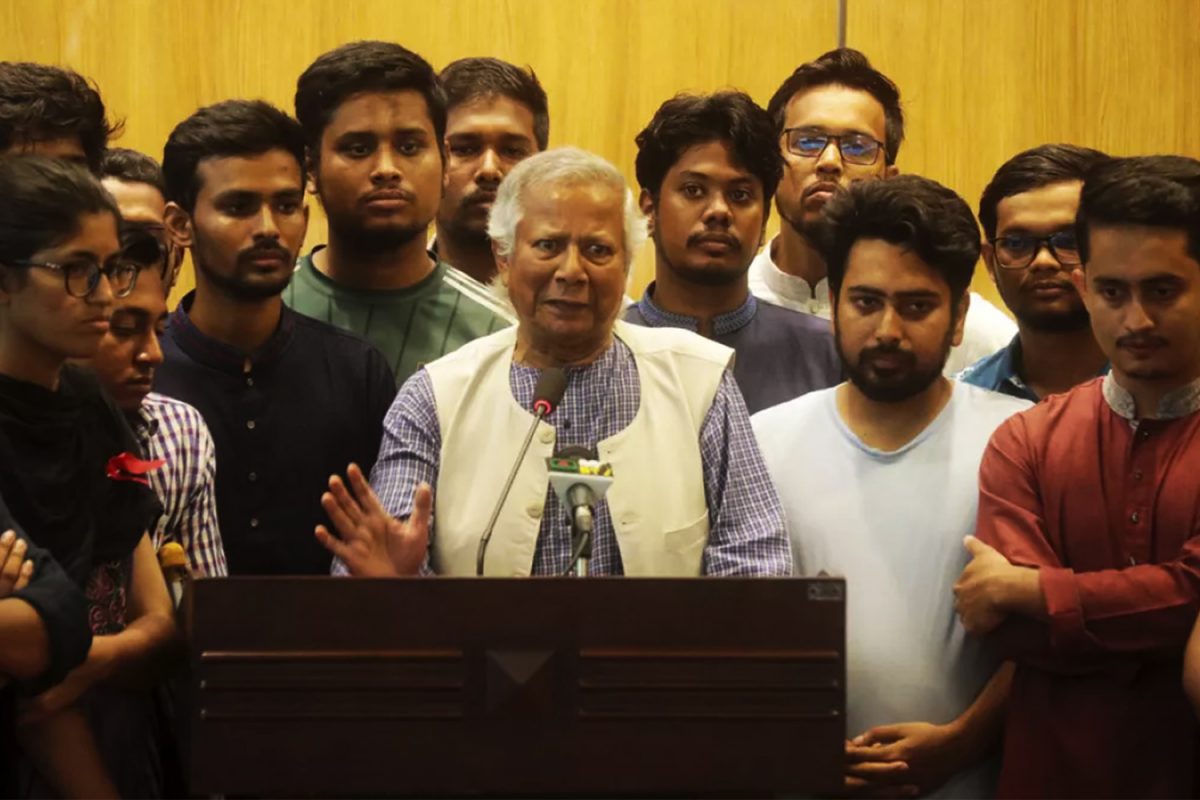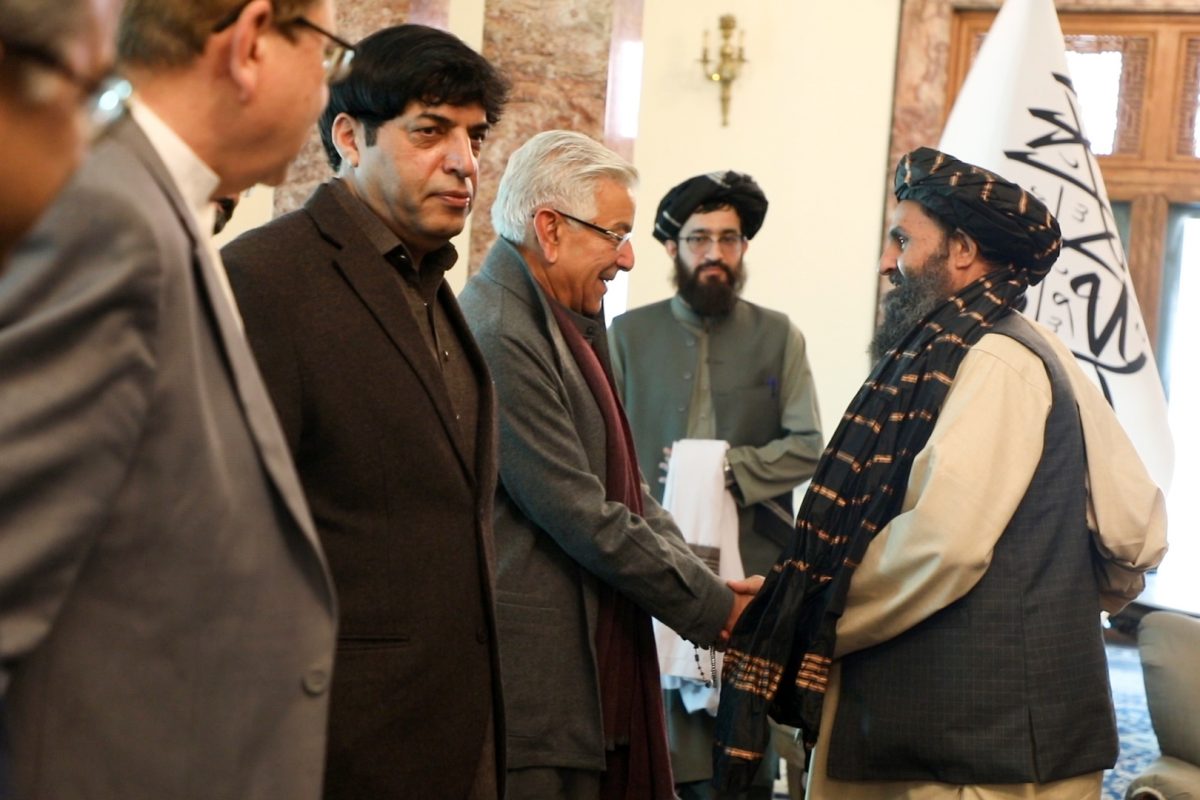By Global Arena
A strategic vision in politics encompasses long-term perspectives and plans that guide decision-making and actions of a state. It involves understanding current and future challenges, opportunities, risks, and the goals to be achieved. Such a vision helps leaders prioritize, align resources, and make informed decisions for overall success. Political awareness is crucial in creating an effective strategic plan, as it ensures a strong link between policy objectives, instruments, and public sentiment.
In the international arena, nations must comprehend their political environment to navigate diplomatic relations successfully. An active foreign policy is vital for safeguarding sovereignty and citizens well-being, promoting ideology, and managing relations with other countries. However, India has struggled to adapt to the evolving dynamics and intricate interactions between nations.
During the Cold War, India maintained neutrality, independent of the United States and the Soviet Union. This stance allowed India to retain independence amid superpower influence. However, with the end of the USSR, India faced a new challenge of navigating America’s global dominance. Despite this, India adhered to its policy of strategic seclusion, siding with the United States on security matters concerning China while maintaining commercial relations with Russia for defence and energy procurement. However, India’s failure lies in recognizing that isolation, which may have worked during the bipolar era, is ineffective in the current unipolar age.
India has struggled to adapt to the evolving dynamics and intricate interactions between nations
In the current climate, India’s objectives are primarily focused on undoing the negative effects of British colonialism and restoring the nation’s greatness by prioritizing security and economic strength. Through which it aims to create a prosperous and a secure India and establish its relevance on the global stage. To achieve these goals, India has been strategically aligning itself with different powers to protect its interests in order to maintain a strong position within the region. However, the policy of strategic seclusion and of switching alliances between major powers like Russia and the US is not feasible and does not bring much strategic advantage.
A quick examination of India’s current capabilities and polices highlights its inadequate political influence, which has prevented the creation of a central strategic plan that could connect India’s aspirations and goals with the objectives and challenges it faces in a cohesive manner.
For example, India’s purchase of the S-400 system from Russia does not add much strategic value towards China. The S-400 is a defence system, which relies heavily on the user’s knowledge and an integrated air defence system (IADs), but China’s IAD is far superior compared to India’s.
Additionally, the S-400 is primarily a defensive weapon, and therefore, it would not be effective in helping India against China. Instead, India should have focused on acquiring offensive capabilities such as the American F-35 jets to enhance its military capabilities towards China. Another problem is India’s prolonged dependence on Russian military equipment, which has impeded the shift towards American military hardware and interoperability is a significant obstacle. This is also another cause for India’s weak military infrastructure.
New Delhi has repeatedly kept information about the skirmishes that have taken place since 2020 in the Himalayan Mountains from the public, which shows that the country does not have a clear political objective in place and instead, is more focused on appearing tough. Clausewitz argued that the military is an extension of political objectives, but it appears that India is not clear on its own objectives.
As for the QUAD alliance, led by the US, this raises concerns for India’s autonomy in foreign policy. While both India and the US aim to contain China, India may not want to take the lead in this effort and yet remains in this informal alliance. Some see India’s participation in the QUAD as a strategic balancing act where it maintains autonomy while still cooperating in efforts to contain China’s expansion in the Indian and the Pacific oceans in a subtle fashion. However, if tensions between China and the US regarding Taiwan escalate to military conflict, India may be forced to formally align with the US, potentially sacrificing its autonomy.
if tensions between China and the US regarding Taiwan escalate to military conflict, India may be forced to formally align with the US, potentially sacrificing its autonomy
India’s recent relations with countries such as Saudi Arabia, Israel, and the UAE to fulfil its commercial needs raise concerns. These nations are heavily influenced by the US and as India lacks alternative options, it is uncertain if these relationships will yield significant benefits for India in terms of political or even non-political interests for that matter. Collaborating with these nations poses a risk since it could result in India falling under the American sphere. Additionally, the guarantee of non-political interests raise scepticism as these nations can null their agreements at any time due to US influence upon them, which raises concerns about the sustainability of these relationships. India must be cautious about becoming too close to such nations in the Middle East, as it could be detrimental to India’s long-term goals of becoming a great power.
These points indicate that India may lack the vision and political awareness required to effectively navigate and safeguard its own well-being.
America and the Pak-Indian Re-alignment
Another interesting development is Pakistan’s sudden weak stance towards India which is not coincidental. Over the years, the US has abandoned Pakistan for India so it could draw the Indian nation into its sphere of influence. During the Cold War, the US had a strong relationship with Pakistan where it was utilized as a barrier against communism, but since 1991, India has grown in terms of importance to the US while Pakistan’s significance has slowly diminished.
In addition, Pakistan has helped the US build closer relations with India where Islamabad has abandoned its goal to free Kashmir, which is something strongly desired by the Pakistani people. Under Musharraf’s reign, Islamic rebel groups in Kashmir were suppressed in the name of countering terrorism by the government in Islamabad, which shifted Pakistan’s focus away from Kashmir to Afghanistan in order to aid the US in its invasion of Afghanistan and fighting the war on terror. If Pakistan had acted independently, it could have utilised these groups to extend its geopolitical influence closer to India, potentially putting pressure on New Delhi. However, Pakistan refrained from doing so and instead, aided American interests.
Is India genuinely acting independently and truly being able to safeguard its national interests, or is it gradually succumbing to the risk of becoming a subordinate to American influence?
Moreover, a few years ago, Prime Minister Imran Khan decided to return a captured Indian pilot as a goodwill gesture, which apparently aided Modi’s election, instead of using it as political leverage against India. All these actions further weakened Pakistan’s position. Furthermore, Khans empty rhetoric at the UN, in essence, provided India continued authority over the autonomous status of Indian-administered Kashmir after Modi revoked the autonomous status two years ago. And the US on the other hand, has remained silent in backing Pakistan.
It is evident that Pakistan did not unilaterally cease its pressure on India. Instead, it can be observed that Pakistan is influenced by and aligned with the interests of the US. The aim is to bring India closer to America, especially considering that India had limited relations with the United States during the Cold War. This situation has caused some frustration within the American government.
As a result, Pakistan went from being a crucial US ally in the fight against communism, the “war on terror” to a mere bystander towards India’s growing power and furthermore, witnessing US shift in close ties with its rival India. Thus, over the years, Pakistan has ceded its strategic objectives to aid the US and in doing so, has helped the US become close to India by creating a pleasurable atmosphere for government in New Delhi. Surprisingly, over the years, US military aid has decreased as the IMF aid to Pakistan has increased, which has resulted in weakening Pakistan, by using the International Monetary Fund (IMF) as a tool to destabilize the country and maintain the pre-eminence of the dollar. As a result, Pakistan is now close to defaulting on its loans, with only $4 billion remaining in its reserves.
From India’s viewpoint, the weakening of its rival neighbour Pakistan and the US’s apparent preference for India over Pakistan may seem advantageous to the government in New Delhi. But politically speaking this could be a potential trap for India to align too closely with the US, where it results in India compromising its own interests and political sovereignty in the foreseeable future where the US may eventually use India for its own purposes, leading India to sacrifice its strategic interests for US policies.
Hence, for India to establish itself as a major power, it is essential to form its own alliances, think innovatively, and effectively align its vision, policies, and objectives. By doing so, India can proactively navigate the global arena and avoid succumbing to external pressures imposed by other significant players. Therefore, as India aspires to attain great power status, it faces critical questions regarding its independence and the preservation of its national interests. Is India genuinely acting independently and truly being able to safeguard its national interests, or is it gradually succumbing to the risk of becoming a subordinate to American influence?
If India truly possesses a comprehensive understanding of the global situation and power, its strategic vision would become more coherent, avoiding broken links between its vision, policies, and objectives




